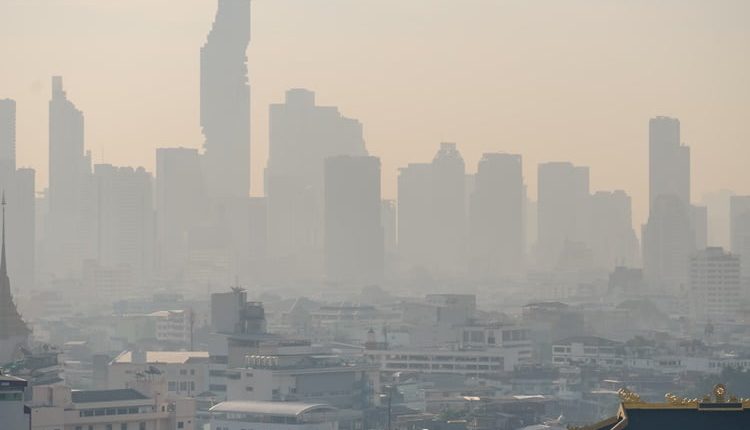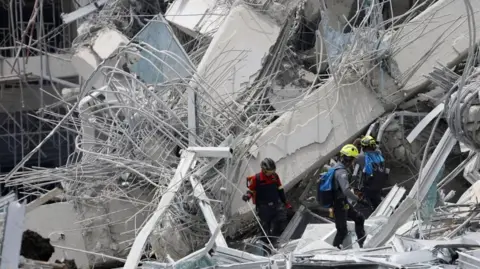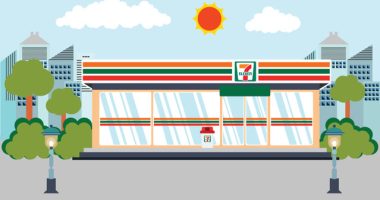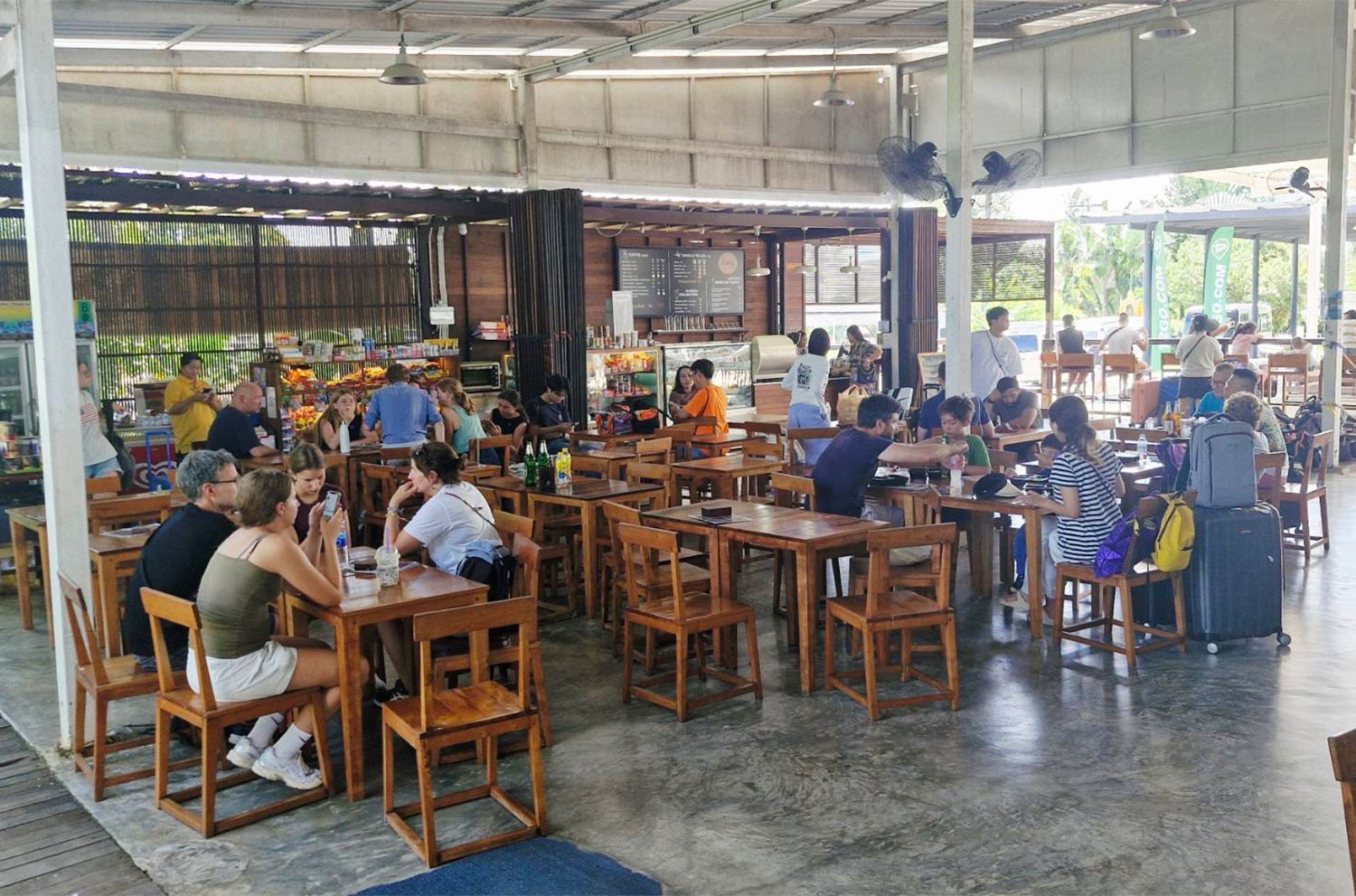In response to growing concerns over air quality, the Bangkok Metropolitan Administration (BMA) is set to implement a series of new measures aimed at reducing PM2.5 fine dust pollution. With pollution levels often exceeding safe limits, the city’s strategy reflects a commitment to protecting public health and improving air quality.
Understanding PM2.5 Pollution in Bangkok
The Problem of Air Quality
Bangkok’s PM2.5 dust levels frequently surpass the safe threshold of 50µg/m³, particularly from November to March when stagnant air conditions prevail. This persistent pollution poses significant health risks, prompting the BMA to take decisive action.
Key Measures Implemented by the BMA
Stricter Vehicle Emission Inspections
Starting October 25, the BMA has directed all district offices to enforce stricter inspections for black smoke emissions from all vehicle types. This includes collaborating with local police to manage traffic flow effectively, which is crucial in reducing vehicular emissions.
Traffic Management and No-Parking Zones
To further alleviate pollution, the BMA plans to enforce no-parking zones on major and secondary roads. By reducing congestion and ensuring smoother traffic, these measures aim to decrease the amount of pollution generated from idle vehicles.
Encouraging Eco-Friendly Practices
Turning Off Engines While Parked
The BMA is also encouraging drivers to turn off their engines while parked. This small change can contribute significantly to lowering overall emissions, particularly in high-traffic areas.
Regulating Factories and Construction Sites
In addition to vehicle regulations, the BMA will oversee factories and construction sites to ensure that their emissions remain within safe levels. This comprehensive approach addresses multiple sources of pollution in the city.
Community Involvement in Reducing Pollution
Banning Open Burning and Incense Practices
In an effort to involve the community, the BMA has requested that Chinese shrines, foundations, and temples refrain from lighting incense and burning paper. These practices contribute to air pollution and banning them could help improve air quality.
Increased Street Cleaning and Maintenance
The BMA has also announced plans for increased street cleaning, dust vacuuming, and washing of trees, leaves, and bus stops. These maintenance activities will help remove dust and other particulates from the air, contributing to a cleaner environment.
Government Commitment to Addressing Pollution
A Comprehensive Plan for the Future
Natural Resources and Environment Minister Chalermchai Sri-on has acknowledged the seriousness of the PM2.5 pollution issue and outlined a comprehensive plan to address it. This plan will utilize a three-level management framework: national, regional, and provincial. The BMA’s immediate actions are part of a larger strategy to combat pollution effectively and sustainably.
Conclusion: A Collaborative Effort for Clean Air
The new measures introduced by the Bangkok Metropolitan Administration represent a proactive step towards combatting PM2.5 pollution in the city. By implementing stricter regulations, encouraging community involvement, and fostering eco-friendly practices, Bangkok aims to improve air quality for its residents. As the BMA continues to work alongside national and regional authorities, the collaborative effort to tackle air pollution will play a crucial role in ensuring a healthier environment for all.









